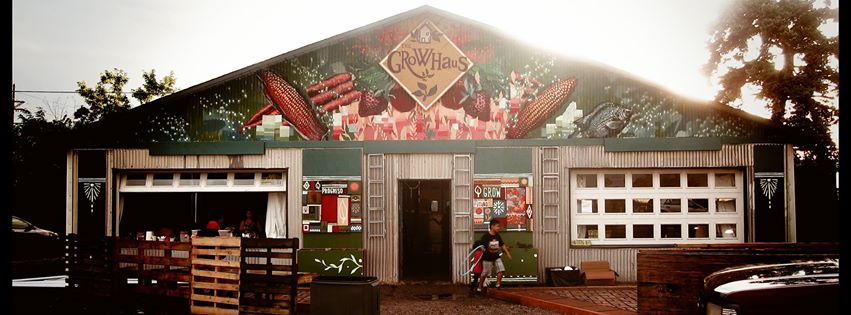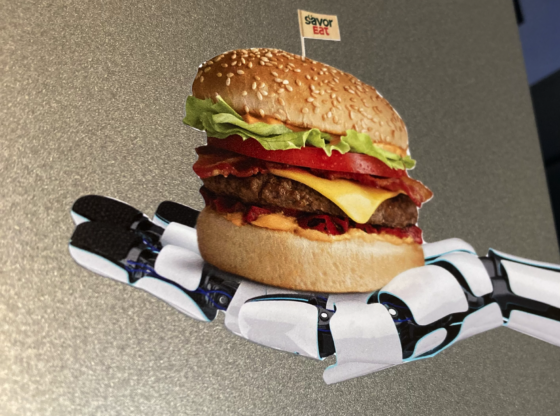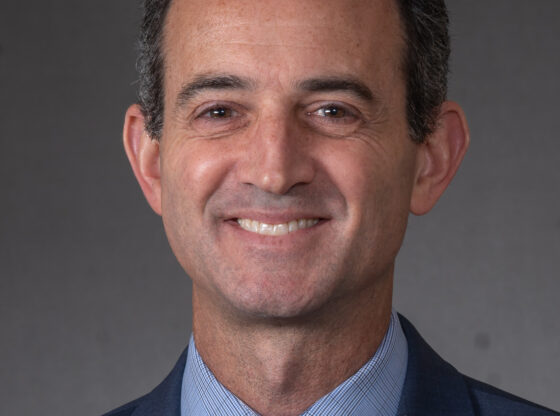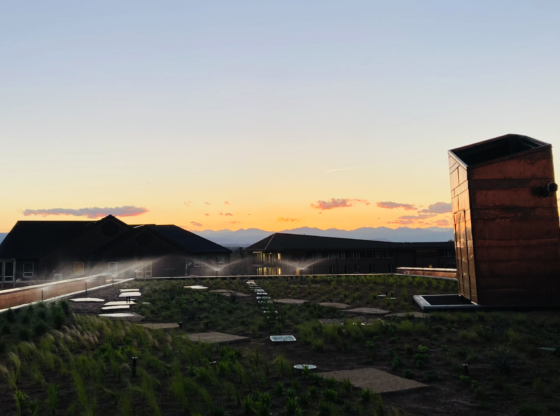Someone who only eats food grown within a designated location of their choosing, in support of the local economy and farming communities in their area.
Perhaps in every conscientious college student’s wildest dreams, we would all be locavores. Unfortunately, most of us are faced with limited time, energy and spending resources.
As a result, student diets are filled with quick and convenient food that are at a crossroads of “non-nutritious” and “fattening.”
Enter GrowHaus, a non-profit urban farm co-op with a plan to change that. According to its website, www.thegrowhaus.com, the GrowHaus is a “non-profit indoor farm, marketplace and educational center,” and its main drive is to bring healthy food to surrounding communities at an affordable price.
“DU hasn’t had an option for local goodies through the winter, so we’re hoping to provide the opportunity for students, staff, and families [to buy from GrowHaus],” said director of food distribution Kayla Birdsong. “Every food box that is sold at DU helps support our food distribution programs, which get high quality food to dozens of families-in-need every week living in the low income food deserts.”
Located in northeast Denver, the GrowHaus was created for the purpose of providing fresh and healthy food access to the neighborhood of Elyria-Swansea.
The official mission is “to create a community-driven, neighborhood-based food system by serving as a hub for food access, urban agriculture, education and job training.” The organization has partnered with Focus Points Family Resource Center to serve primarily young, low-income Spanish-speaking immigrant families through family literacy programming, and with Livewell-Globeville to reduce obesity in Colorado by promoting “healthy eating and an active lifestyle.”
The GrowHaus also offers educational programs to give information on how their food is produced and distributed. For example, the produce is grown using hydroponics, a method that recycles nutrients in water to feed the plants instead of soil.
Another method used to grow food is aquaponics, a similar system that also incorporates fish, which fertilize the plants. Other GrowHaus workshop topics include sustainable garden design and food justice.
“We aim to help our neighborhood create a more sustainable food system that provides affordable food, and empowers our neighbors to grow those very crops,” said Birdsong. “We aim to make this possible through providing education and job training related to urban agriculture.”
Birdsong said that when she first moved to the area, she found no easy way to get fresh food, and it took her ten to fifteen minutes to commute downtown to find organic and healthy produce. When she discovered GrowHaus, she said, “I was so blown away with what the organization was doing that I never left.” Before GrowHaus, said Birdsong, “many of the families would go to fast food chains to feed their families.”
The non-profit urban farm launched a food box program under the name Mercado de al lado in February 2013 to expand its community outreach and food delivery systems. Through this program, the organization sells boxes of organic food once a week for a low cost. The boxes include food from the GrowHaus as well as other local suppliers such as Bluepoint Bakery, the High Plains Food co-op and other organic farms.
In order for GrowHaus to provide the neighborhood with the access to healthy and fresh produce, the food for the food box programs is fairly- priced, and the “profit margin” goes into the neighborhood food market. The food there is either free or priced on a sliding scale of exactly how much GrowHaus paid the supplier. As Birdsong explained, GrowHaus receives most of their funding from grants, and programs like the Mercado de al lado and other initiatives is a way for the company to get revenue without relying as heavily on the government.
Best of all, they take all of the work out of it for you. GrowHaus offers two different food boxes: “family,” which serves 3-4 people and “basic,” for 1-2 people. Each food box contains an assortment of 13-15 ingredients intended to encourage consumption of a healthier array of food. Despite seasonal changes, the program works to maintain the same basic elements in its boxes: fresh bread, leafy greens, vegetables, fruits, eggs and dry goods. The Family Box is $37.50 per week, and the Basic Box is $20.00. However, the per-week price decreases if multiple weeks are purchased together in advance.
Since a big portion of adulthood seems to revolve around planning meals and shopping for groceries (then returning to your apartment and realizing you’ve forgotten an essential ingredient and require you to leave the house yet again), the GrowHaus food box program for students is intuitive.
If you’d like to learn more about the company, they give tours every Friday and Saturday at 10 a.m. To pick up a box of your own, order one before the Thursday deadline each week at mercadolado.com to get your box every Monday from the Office of Sustainability located in J-Mac room 142.











